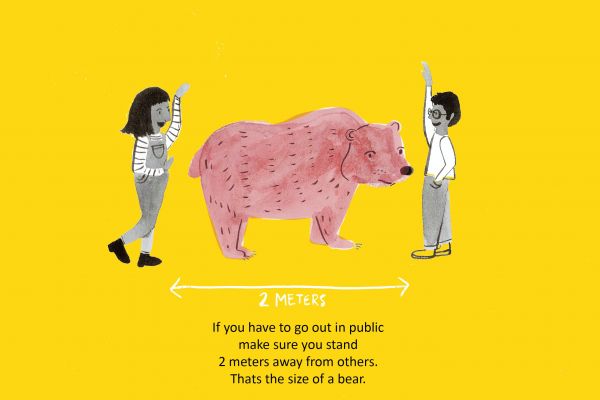
Co working
After COVID-19: Improving Your Employee Wellness Program

Millennials and Gen Z are health-conscious employees who are choosing to work at companies that care about their well-being. Young professionals want their employers to understand that there's life outside of the 9-to-5 grind. Many executives question which wellness program initiatives will offer the strongest return on investment. Companies should follow government health authorities guidelines to keep their employees safe and prevent the virus from spreading.
Here are six possibilities that can have far-reaching positive effects.
1. On- and Off-Site Fitness Accessibility
Consider partnering with a local fitness center to offer free or reduced-cost memberships for your employees. For a no-cost option, create a company walking club and set a day and time during the week for folks to participate.
2.Wellness Challenges
Workers are accustomed to socializing with coworkers, and wellness challenges allow them to collectively march toward a common goal. Feeling like you belong to a community is critical to long-term health, according to a study of Blue Zones.
3.Flexible Hours
Flextime should be considered part of a company's wellness program. Research confirms that employees who are empowered to balance their personal and professional expectations are more productive. If you're still unsure about flexible hours, test it with a small group of employees first.
4.Healthy Snacks
32% of companies already offer free snacks and drinks to their employees. Instead of soda and chips, consider having fresh fruit, vegetables, and nuts delivered weekly. Offering free healthy food also dovetails nicely with other elements of your wellness program.
5.In-Office Preventive Health Screenings
A 2019 poll found that nearly 40% of American adults weren't planning on getting a flu shot. 45% of those between the ages of 18 and 29 did not have a primary care physician. Invite medical professionals into the office once or twice a year to give flu shots.
6. Mindfulness Meetings
Practicing mindfulness can help workers lower anxiety and remain more present. One study even discovered a connection between meditation and how willing people are to help others. There are numerous meditation apps on the market, including Calm and Headspace.

